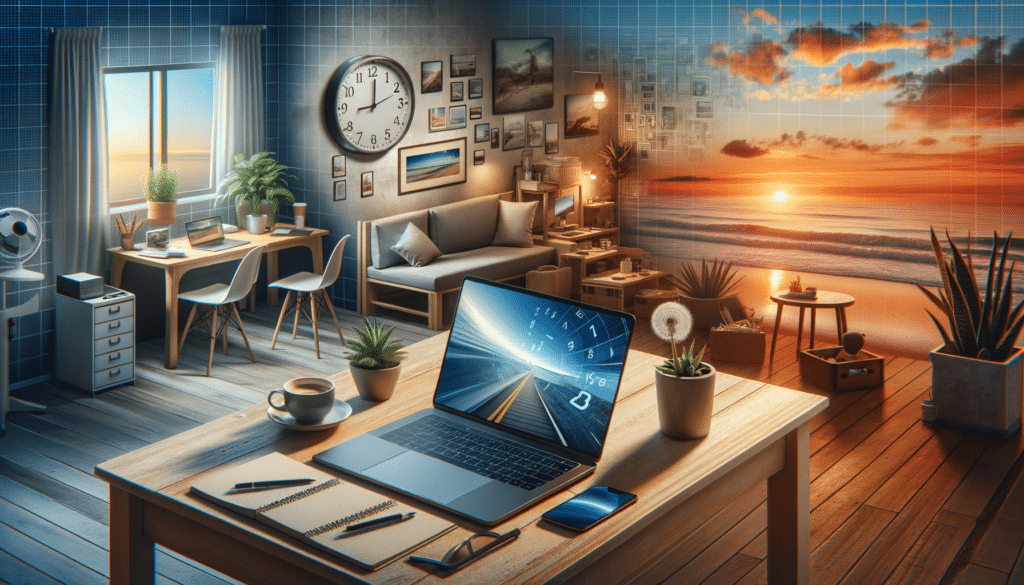Understanding Fleet Fuel Cards: A Smart Choice for Small Businesses
Fleet fuel cards have become an essential tool for small businesses looking to manage their fuel expenses effectively. These cards offer a convenient and efficient way to purchase fuel while providing a range of benefits that go beyond just payment. For small businesses that rely on vehicles for their operations, managing fuel costs is a significant concern. Fleet fuel cards simplify this process by providing a centralized billing system, reducing the need for cash transactions and personal reimbursements. By consolidating fuel expenses into a single account, businesses can easily track and analyze their spending patterns.
Moreover, fleet fuel cards often come with additional features such as discounts on fuel purchases, access to a network of fuel stations, and detailed reporting tools. These features not only help in cost savings but also in optimizing routes and improving overall efficiency. For example, some cards offer real-time data on fuel consumption and vehicle performance, allowing business owners to make informed decisions about their fleet operations. This level of control and insight can be invaluable for small businesses aiming to maximize their resources.
Comparing Fleet Fuel Card Options: What to Consider
When selecting a fleet fuel card, small businesses should consider several factors to ensure they choose the most suitable option. The first consideration is the acceptance network. A card with a wide network of fuel stations ensures that drivers can refuel conveniently, avoiding unnecessary detours. Additionally, businesses should evaluate the fees associated with each card, including any transaction fees, monthly charges, or minimum usage requirements.
Another critical factor is the reporting and management tools offered by the card provider. Detailed reports on fuel usage, driver behavior, and vehicle performance can help businesses identify areas for improvement and implement cost-saving measures. Some cards also offer integration with accounting software, streamlining financial management further. It’s also important to consider any additional benefits, such as discounts or rewards programs, which can add value to the card.
Benefits of Fleet Fuel Cards for Small Business Operations
Fleet fuel cards offer numerous advantages that can significantly benefit small business operations. One of the primary benefits is the ability to control fuel expenses effectively. By setting spending limits and restrictions on fuel purchases, businesses can prevent unauthorized spending and reduce the risk of fraud. This control is particularly important for small businesses with limited budgets, as it ensures that every dollar spent contributes to the company’s goals.
Additionally, fleet fuel cards simplify administrative tasks by providing detailed transaction records. This feature eliminates the need for manual record-keeping and reduces the likelihood of errors. With easy access to transaction history, businesses can quickly reconcile accounts and prepare for tax season. The time saved on administrative tasks can then be redirected towards more strategic activities, such as expanding the business or improving customer service.
Implementing Fleet Fuel Cards: Tips for Small Businesses
Successfully implementing fleet fuel cards requires careful planning and consideration. Small businesses should start by assessing their current fuel management practices and identifying areas for improvement. This assessment will help in selecting a card that aligns with the business’s specific needs and objectives. Once a suitable card is chosen, businesses should develop a clear policy for fuel card usage, outlining spending limits, approved fuel stations, and reporting procedures.
Training employees on the proper use of fleet fuel cards is also crucial. Drivers should understand the benefits of using the card and how it contributes to the company’s success. Regular monitoring and evaluation of fuel card usage can help identify any issues early and ensure that the system is functioning as intended. By taking these steps, small businesses can maximize the benefits of fleet fuel cards and enhance their operational efficiency.
Future Trends in Fleet Fuel Card Technology
The future of fleet fuel cards is promising, with advancements in technology set to offer even more benefits for small businesses. One emerging trend is the integration of telematics systems with fuel cards. This integration allows for real-time tracking of vehicle location, fuel consumption, and driver behavior, providing businesses with comprehensive insights into their fleet operations. Such data can be used to optimize routes, reduce fuel consumption, and improve driver safety.
Another trend is the increasing use of mobile apps for managing fleet fuel cards. These apps offer convenience and flexibility, enabling business owners to monitor fuel expenses, set spending limits, and receive alerts on their smartphones. As technology continues to evolve, fleet fuel cards are likely to become even more sophisticated, offering small businesses greater control and efficiency in managing their fuel expenses.





